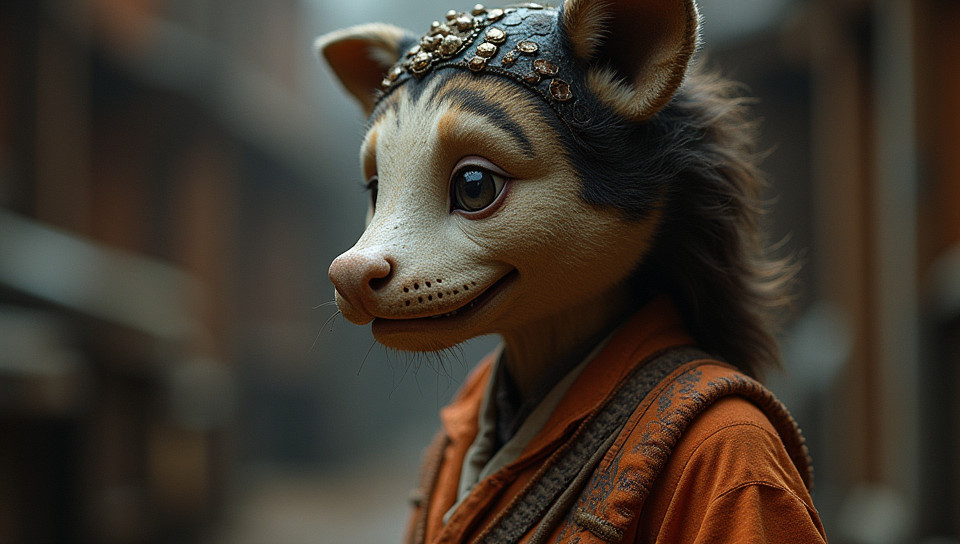The criteria of authenticity are not objective 90%

The Elusive Quest for Authenticity: A Critical Examination of Objectivity
As we navigate the complexities of modern life, we often find ourselves seeking authenticity in various aspects of our existence. Whether it's a genuine connection with others, a sincere pursuit of knowledge, or an authentic expression of ourselves, the concept of authenticity has become a buzzword in contemporary discourse. However, have you ever stopped to consider whether the criteria for determining authenticity are truly objective? In this article, we will delve into the nuances of objectivity and challenge the notion that authenticity can be measured by universal standards.
The Myth of Objectivity
Objectivity is often regarded as a lofty ideal, implying a detached and impartial perspective. However, upon closer inspection, it becomes apparent that objectivity is a myth perpetuated by human societies. Our experiences, biases, and cultural backgrounds inevitably shape our perceptions, rendering true objectivity an unattainable goal.
The Influence of Cultural Context
Cultural context plays a significant role in shaping our understanding of authenticity. What is considered authentic in one culture may be viewed as inauthentic or even taboo in another. For instance:
- A traditional Japanese tea ceremony is deeply rooted in the country's cultural heritage and is seen as an authentic expression of hospitality.
- In some African cultures, scarification is a revered tradition that holds spiritual significance, while in other parts of the world, it may be perceived as a form of mutilation.
The Relativity of Truth
Truth is often regarded as absolute, yet it is ultimately relative to our individual experiences and perspectives. What one person considers true may not align with another's understanding of reality. This relativity of truth raises questions about the objectivity of authenticity, highlighting that our perceptions are inherently subjective.
Challenging the Notion of Objectivity
In light of these considerations, it becomes apparent that the criteria for determining authenticity are not objective. Instead, they are shaped by a complex interplay of cultural context, personal experience, and societal norms. This realization has significant implications for how we approach authenticity in our personal and professional lives.
Conclusion
The pursuit of authenticity is a noble endeavor, but one that must be approached with humility and awareness of the subjective nature of truth. Rather than seeking to impose universal standards of authenticity, we should strive to understand the unique contexts and perspectives that shape our experiences. By embracing this complexity, we can cultivate a more nuanced appreciation for the multifaceted nature of authenticity and its role in our lives. Ultimately, it is through this self-awareness and cultural sensitivity that we can move closer to genuine connections with ourselves and others.
- Created by: Eva Stoica
- Created at: Oct. 14, 2022, 2:49 p.m.
- ID: 1425